Canada marked its first National Day for Truth and Reconciliation on Thursday to honor lost children and survivors of the notorious indigenous residential school system in the country.
The day was made a federal statutory holiday by the Canadian government earlier in June, as Canada's Truth and Reconciliation Commission (TRC) recommended in its 94 calls to action in 2015. It will be observed annually on Sept. 30.
An estimated 150,000 indigenous children attended residential schools, which were designed to strip them of their culture and language, between the 1860s and 1996. The TRC documented stories from survivors and families and issued a report in 2015. The report detailed mistreatment at the schools, including emotional, physical and sexual abuse of children, and at least 4,100 deaths.
Hundreds of people gathered at a ceremony held on Parliament Hill in Ottawa to mark the day on Thursday.
Wakerakatste Louise McDonald Herne, a condoled Bear Clan Mother for the Mohawk Nation Council, called on Canadians to "know the history of this country and the corruption it was built upon," saying "You need to correct the wrongs and you have to own your own truth."
Algonquin Elder Claudette Commanda said the discovery of unmarked graves near former residential school sites has awakened the country to its history.
"Two-hundred and fifteen little voices woke the country, 215 voices spoke to the world," Commanda said in reference to the remains of 215 children that were first discovered near a former residential school site in Kamloops, Canada in May.
Hundreds more graves have been found since near other former school sites, prompting calls for justice that have resonated beyond Canada's border.
She called on Canadians to open their hearts and listen to the truth to move forward with reconciliation.
Canadian Prime Minister Justin Trudeau released a statement on Thursday, pointing to the hundreds of unmarked graves near former school sites that have been discovered in May and June this year.
"The tragic locating of unmarked graves at former residential school sites across the country has reminded us of not only the impacts of colonialism and the harsh realities of our collective past but also the work that is paramount to advancing reconciliation in Canada," Trudeau said in the statement.
"Today, we also recognize the harms, injustices, and intergenerational trauma that Indigenous peoples have faced - and continue to face - because of the residential school system, systemic racism, and the discrimination that persists in our society," he said.
"We must all learn about the history and legacy of residential schools. It's only by facing these hard truths, and righting these wrongs, that we can move forward together toward a more positive, fair, and better future," Trudeau said in the statement.
Mary Simon, Canada's first indigenous governor general, said in a statement that the holiday is a poignant one for her.
Simon said Canada's legacy of colonization is "hard to accept," but necessary to address as the country works towards reconciliation.
"Reconciliation is a way of life, continuous, with no end date," Simon said. "As we strive to acknowledge the horrors of the past, the suffering inflicted on Indigenous peoples, let us all stand side-by-side with grace and humility, and work together to build a better future for all."
British Queen Elizabeth II issued a statement to mark the holiday, saying that Canada's history in regards to its treatment of indigenous people is "painful."
"I join with all Canadians on this first National Day for Truth and Reconciliation to reflect on the painful history that Indigenous peoples endured in residential schools in Canada, and on the work that remains to heal and to continue to build an inclusive society," the queen said.
In a joint statement from Indigenous Services Canada, several Canadian ministers called residential schools a "shameful part of damaging racist and colonial policies" and acknowledged that the government has "more work to do" in addressing the calls to action outlined by the TRC.
Despite the marking of Sept. 30 as a national holiday, several provinces, including Alberta, Saskatchewan, New Brunswick, Quebec and Ontario, have chosen not to recognize it, meaning that schools and provincial offices in these provinces will remain open, according to CTV on Thursday.








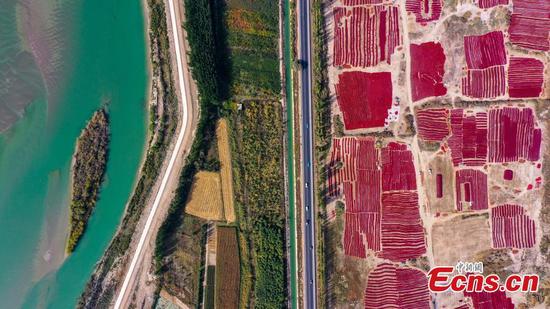


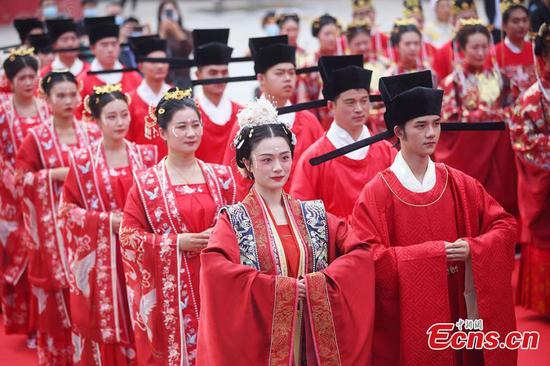
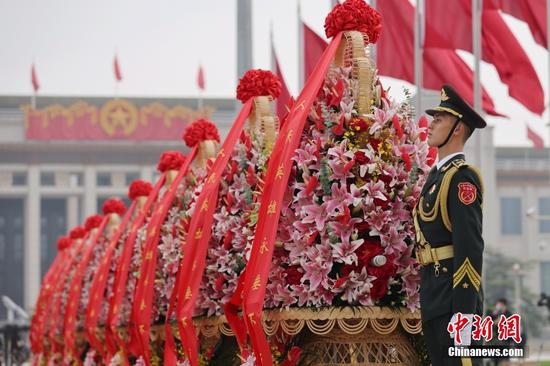
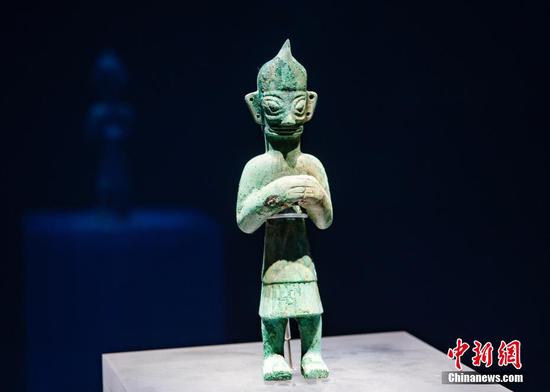



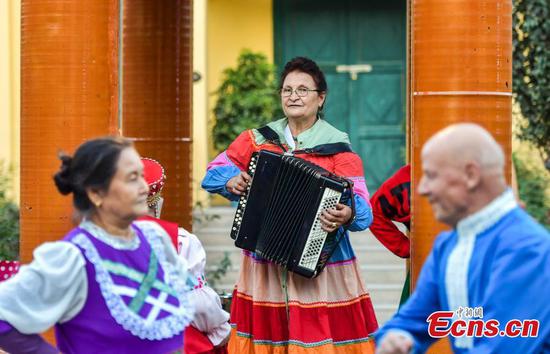
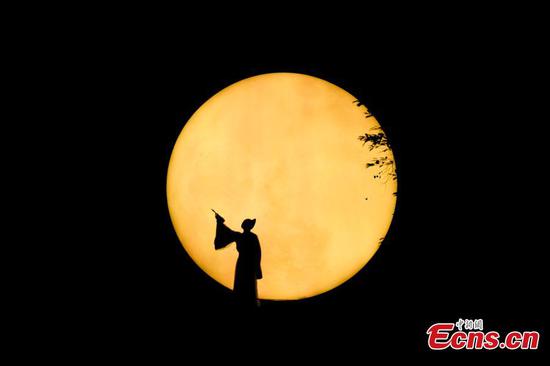






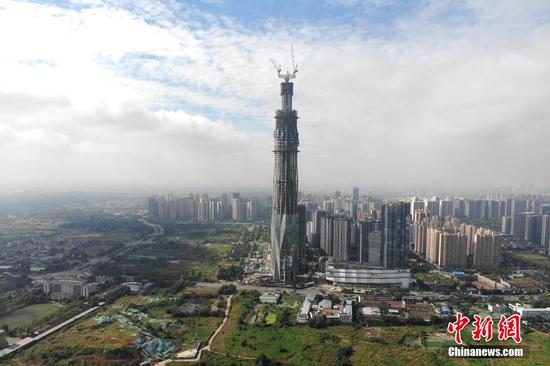
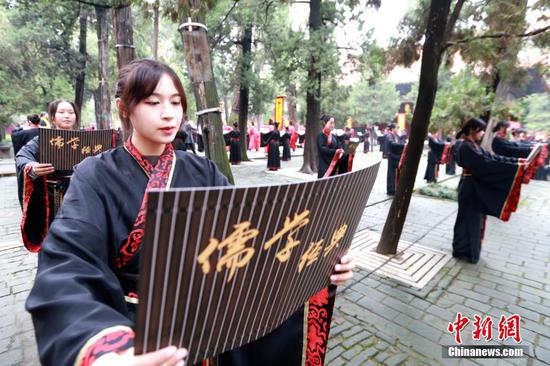



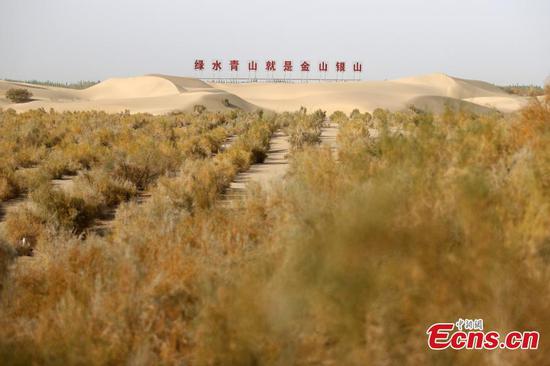
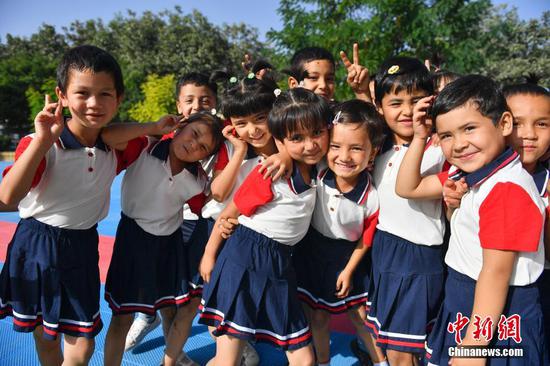










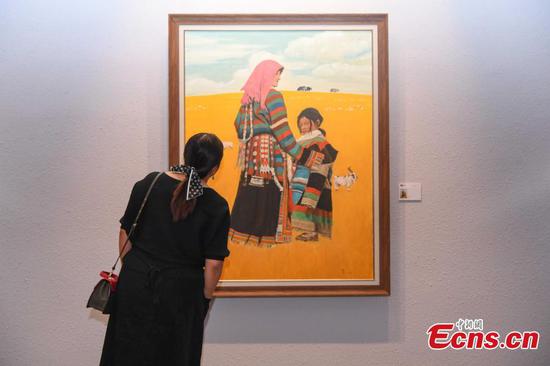







 京公网安备 11010202009201号
京公网安备 11010202009201号